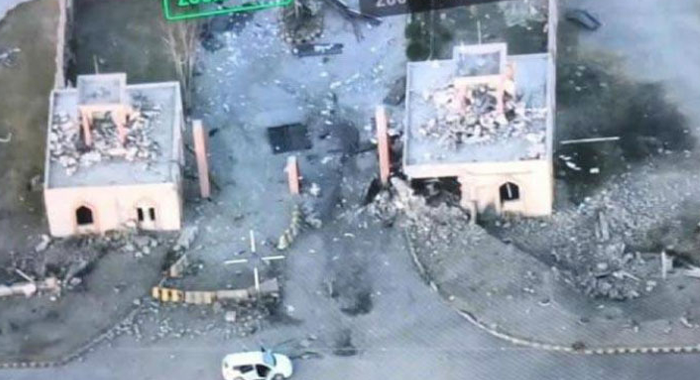Security agencies have disclosed that the deadly attack on Cadet College Wana was meticulously planned in Afghanistan and executed entirely by Afghan nationals. Investigations indicate that the operation was orchestrated under direct instructions from Afghan-based handler Khurshid Noorwali Mehsud, with attackers following precise directions received from Afghanistan throughout the operation.
According to security sources, the planning of the attack was carried out by external operative Zahid, while the responsibility was strategically claimed under the name of Jaish-ul-Hind on the instructions of Khurshid Noorwali Mehsud. The decision aimed to dissociate Fitna-al-Khawarij from the operation, as reflected in video recordings of the attack in which operatives repeatedly mention Jaish-ul-Hind, deliberately concealing their true affiliations.
Officials explained that Afghan Taliban maintain pressure on Fitna-al-Khawarij to avoid using their real names, since any direct attribution would increase scrutiny and pressure from Pakistan and allied countries. Audio evidence from the operation confirms that the attackers spoke in Urdu, repeatedly invoking Jaish-ul-Hind to mask their real identities.
All equipment for the attack, including US-manufactured weapons, was reportedly supplied from Afghanistan. Security sources highlighted that the primary objective of the attack was to escalate security concerns within Pakistan, reportedly at the behest of the Indian intelligence agency, RAW. The identification of the Afghan attackers killed in the incident has removed all uncertainty regarding the perpetrators’ origin and affiliations.
Analysts note that the Wana attack underscores the transnational nature of terrorist operations targeting Pakistan and the evolving methods of subversive groups who exploit proxy networks to further regional agendas. Security officials have reaffirmed their commitment to bolstering intelligence cooperation, preemptive counterterrorism measures, and operational readiness to prevent similar incidents in the future.
The revelation serves as a stark reminder of the persistent threats posed by cross-border terrorism and the sophisticated coordination between extremist networks and foreign actors seeking to destabilize Pakistan. Authorities emphasized that identifying and neutralizing such networks remains a national priority to ensure the safety and security of citizens and institutions.





